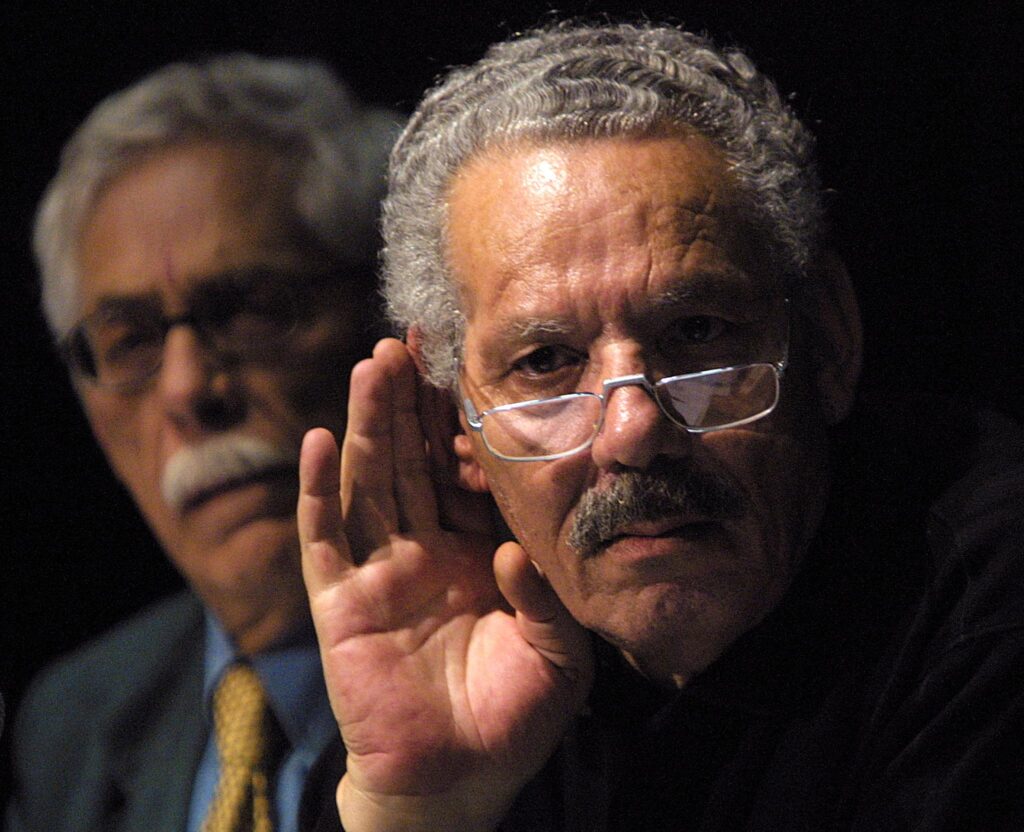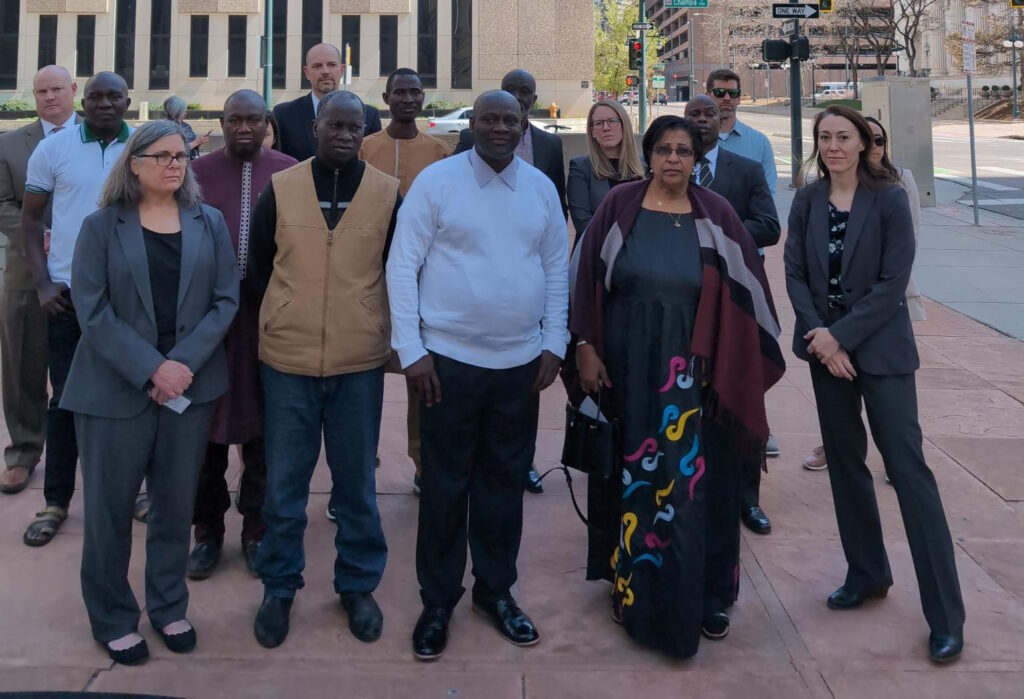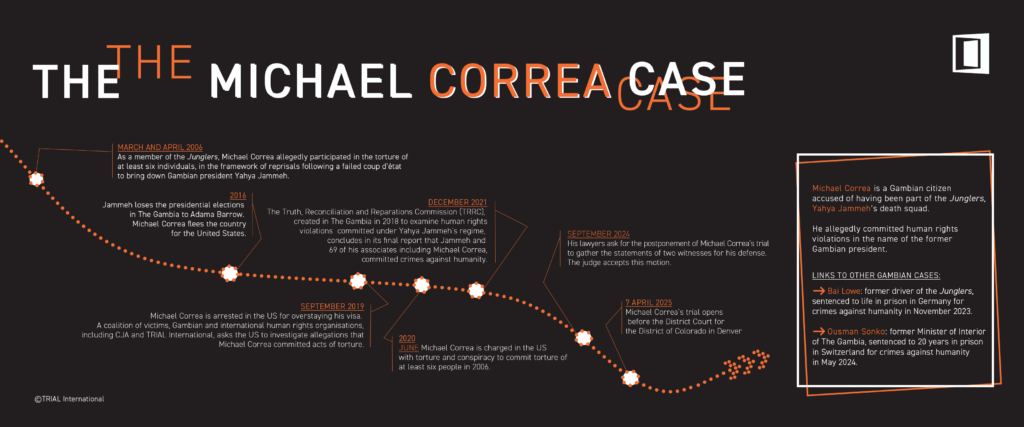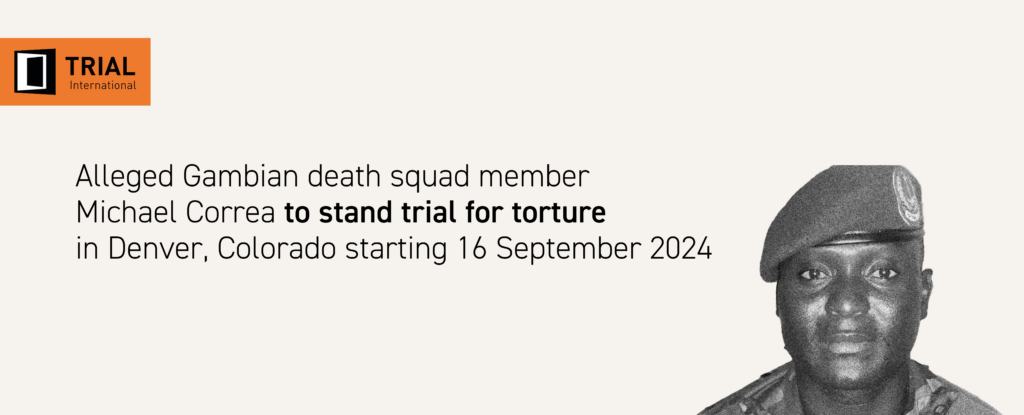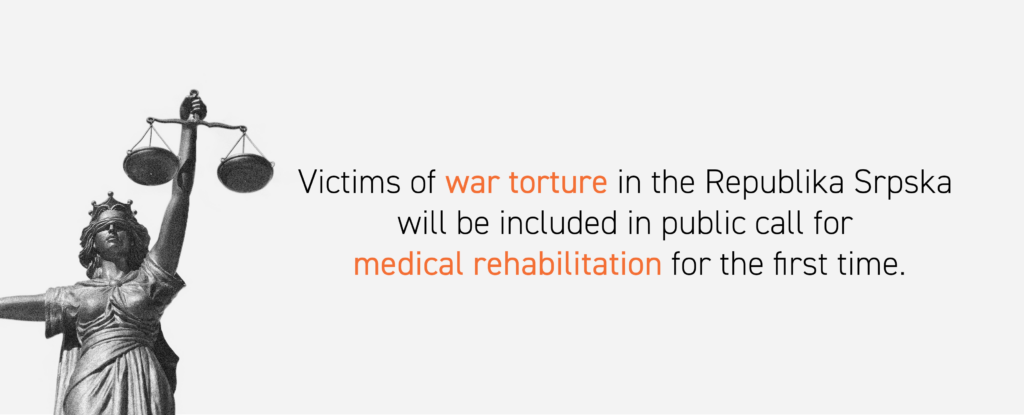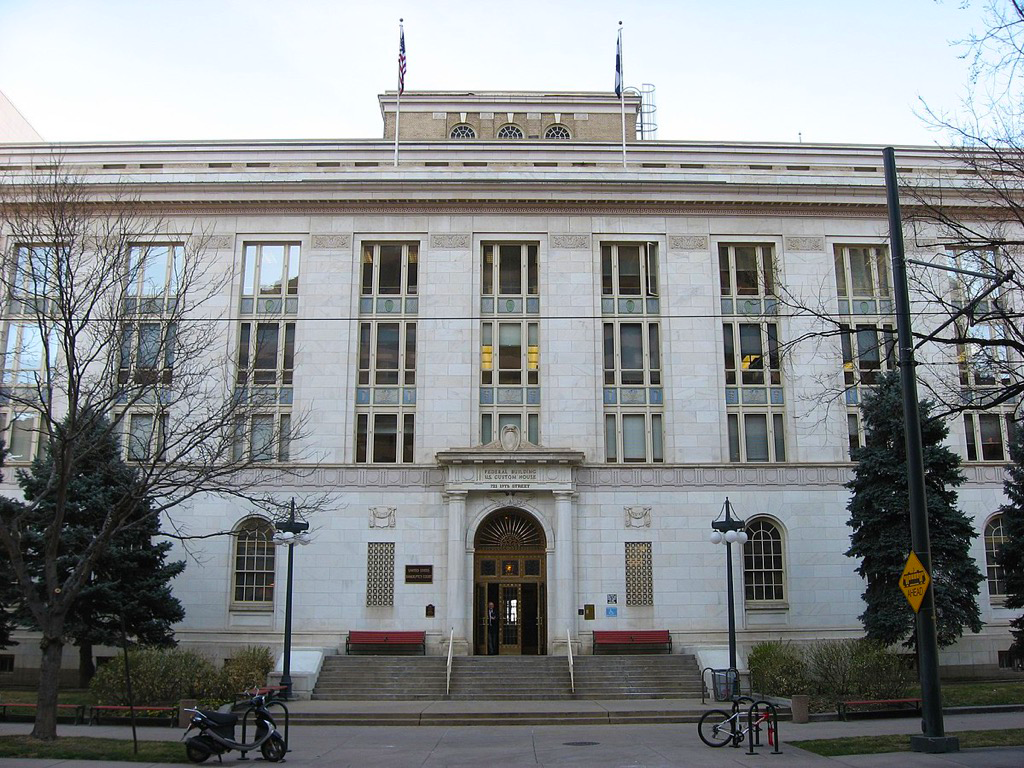U-turn in the Naït-Liman Case
On 29 November 2016, after almost 12 years of court hearings, the case of Mr. Naït-Liman experienced an important turnaround. Upon the request of the victim, the European Court of Human Rights (ECtHR) decided that the case ought to proceed to the Grand Chamber of the ECtHR, where the judges will have the final say. The ruling could become a significant milestone on torture, enabling countless refugees who cannot seek justice in their countries of origin to do so in a European host country.
TRIAL International has stood by Mr. Naït-Liman in his quest for justice for more than a decade. The Tunisian national, who has since become a Swiss citizen, was tortured for more than a month by the Tunisian authorities. Unable to obtain justice in Tunisia, Mr. Naït-Liman initiated a lawsuit to get redress in Switzerland against the former Tunisian Minister of Domestic Affairs with the help of TRIAL International. TRIAL International took the case as far as the Supreme Court before proceeding the ECtHR, which also dismissed the motion last June.
“M. Naït-Liman is delighted that is case will be examined by the highest European judicial body. It proves that there was a need for legal clarification”, explains lawyer François Membrez who represented the victim. “It also constitutes a step forward for all the victims of human rights abuse, whose need for protection is greater than ever.”
“It is very uncommon for the Court to deem a case significant enough to be sent to the Grand Chamber”, insisted Philip Grant. “It is an encouraging sign for the case and TRIAL International will do whatever it can so that the Chamber decides in Mr. Naït-Liman’s favor. The hour has finally arrived to deliver justice to him” asserts the Director of TRIAL International.
In April 1992, while living in Italy, Mr. Abdennacer Naït-Liman was arrested and handed over to the Tunisian authorities. For forty days he was arbitrarily detained and subjected to various forms of torture: sleep deprivation, beatings and attached for the entirety of his detention to an iron bar positioned between two tables. Mr. Naït-Liman went through this harrowing experience within the very premises of the Republic of Tunisia’s Ministry of the Interior.
In 1995, Mr. Abdennacer Naït-Liman was granted asylum in Switzerland due to the torture inflicted upon him during the forty days of his detention. He is now the Chairperson of an Association for victims of torture from Tunisia.
In February 2001, Tunisia’s former Minister of the Interior, Mr. Abdallah Kallel, was in Geneva. Making the most of his timely presence, Mr. Naït-Liman filed a criminal complaint against Mr. Kallel for grievous bodily harm. He accused him of ordering the physical and psychological torture that he was subjected on the premises of the Ministry of the Interior. However, the former Minister was able to abscond from Switzerland just before the local judiciary could act.
In July 2004, and with the support of TRIAL International, Mr. Naït-Liman began legal proceedings aimed at securing compensation from Mr. Kallel and Tunisia for the injuries he sustained as a result of the torture. Defended by Mr. François Membrez, TRIAL’s Vice-president, Mr. Naït-Liman filed his claim before the Geneva courts, since returning to his country would expose him to grave risks of death or harm to his physical integrity. The only place where he could assert his rights was in Geneva, where he had been living for many years.
Although validly summoned, the respondents refused to take part in the proceedings. Both the District Court and the Appellate Court, however, ruled that the petition was inadmissible, either because of Mr. Kallel’s immunity for the acts committed within the scope of his duties, or because of an insufficient connection with Geneva.
Mr. Naït-Liman therefore appealed to the Supreme court, wanting them to acknowledge that an “emergency jurisdiction” existed in Geneva, as permitted by Article 3 of the Federal Code in private international law. According to this provision, jurisdiction can be established in Switzerland when “proceedings abroad are impossible or cannot be reasonably required”, thus granting judicial authorities “at the place with which the facts of the case are sufficiently connected” the necessary jurisdiction to act.
On 22 May 2007, the Federal Court rejected the appeal because of an insufficient connection, leaving a question mark on whether the former Minister of the Interior’s immunity could also be invoked.
In November 2007, Mr. Naït-Liman submitted an application to the European Court of Human Rights, asking it to recognize that he suffered a violation of Article 6 paragraph 1 of the European Convention on Human Rights because of the refusal of Swiss courts to examine his claim for compensation due to the injuries he sustained as a result of torture.
On 21 June 2016, by a vote of 4 to 3, the European Court of Human Rights narrowly rejected his application. The Court recognized that Switzerland had the right to limit his access to civil proceedings: finding that Swiss authorities could consider his long-term residence in Switzerland; the granting of refugee status there; the acquisition of Swiss nationality and the fact that the perpetrator was present on Swiss territory as not constituting sufficient links. Thus, Switzerland was justified in not allowing Mr. Naït-Liman to proceed.
On 29 November 2016, a panel of judges accepted the request of Mr. Naït-Liman and TRIAL International for the case to proceed to the the Grand Chamber of the European Court of Human Rights. The hearing can now commence before the 17 judges of the Grand Chamber.

